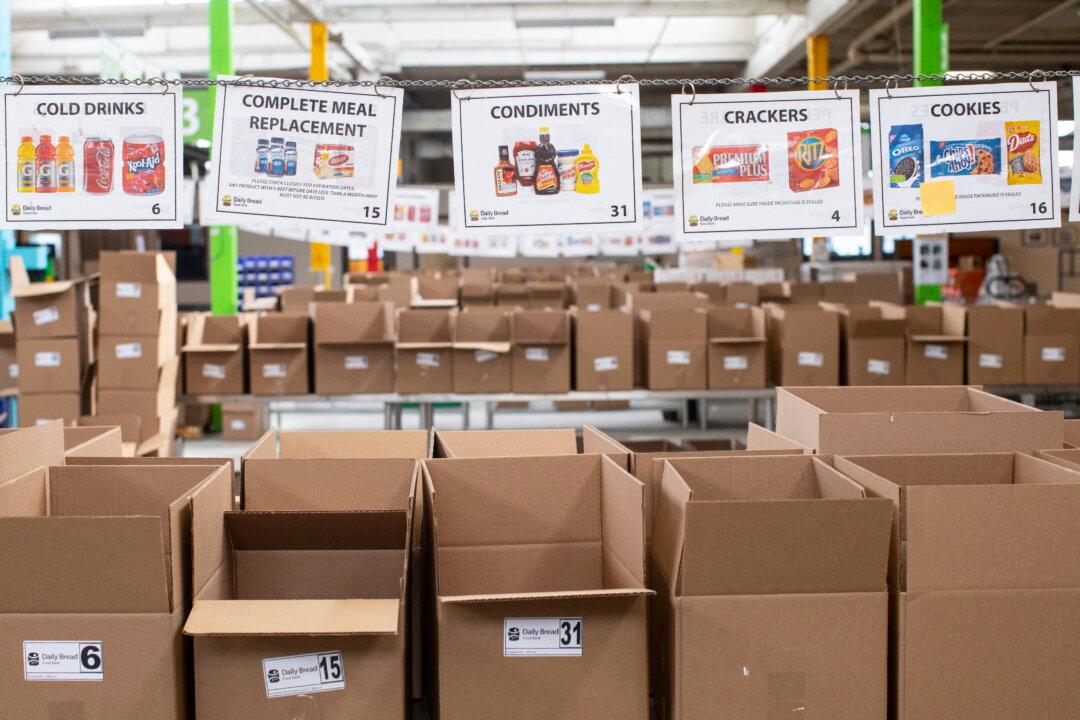Several Ontario food banks are reporting abuse of their services by international students, saying some deliberately exploit the non-profits while others are unaware of how they work. Two Ontario food banks have decided to close their doors to international students as a result.
“Due to the increased visitation to the food bank in the last couple of years, we helped students in September but noticed that there was tremendous abuse and manipulation of our services. We have now stopped the practice of serving them so we can concentrate on our regular clients and refugees,” the head of a food bank in Oshawa told The Epoch Times.





